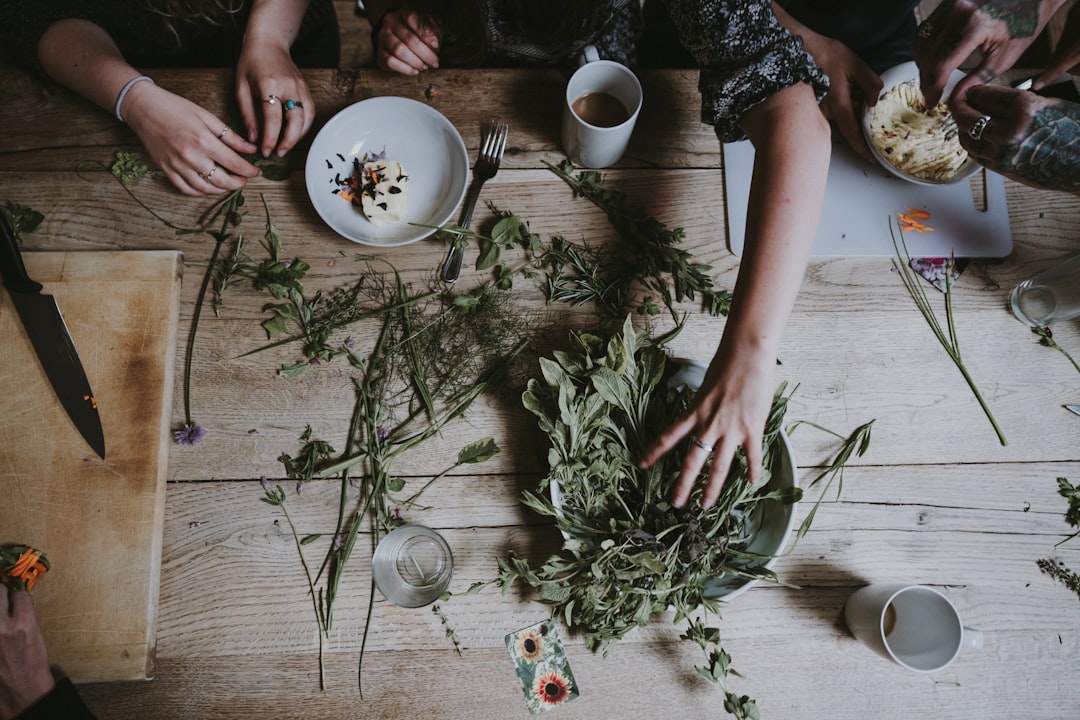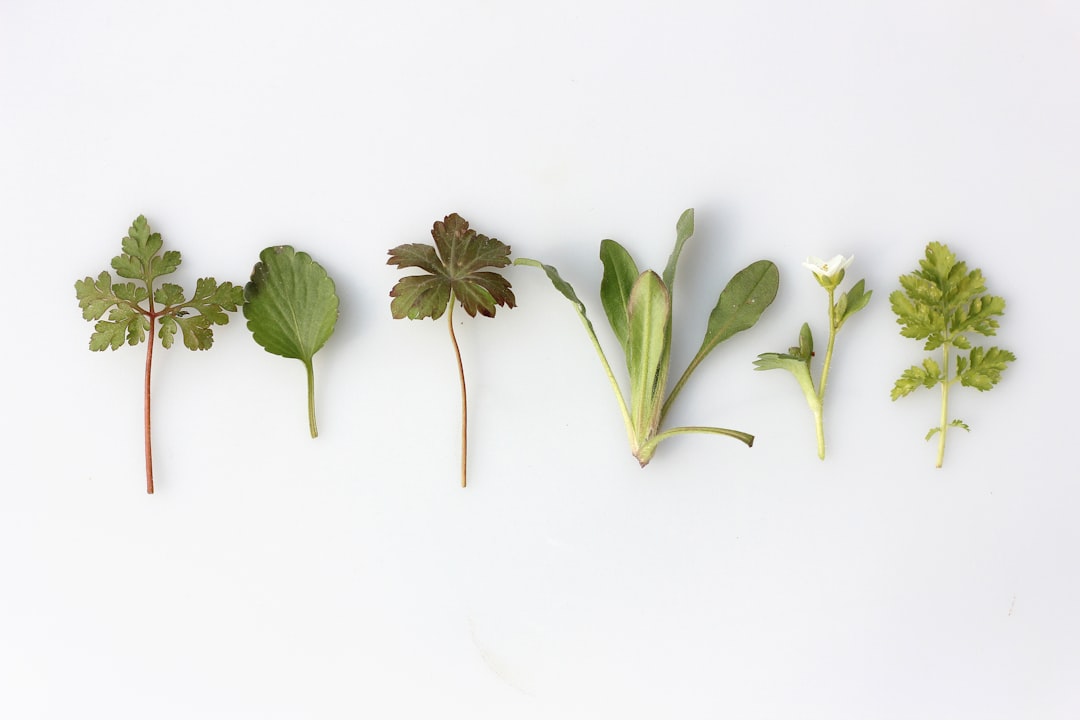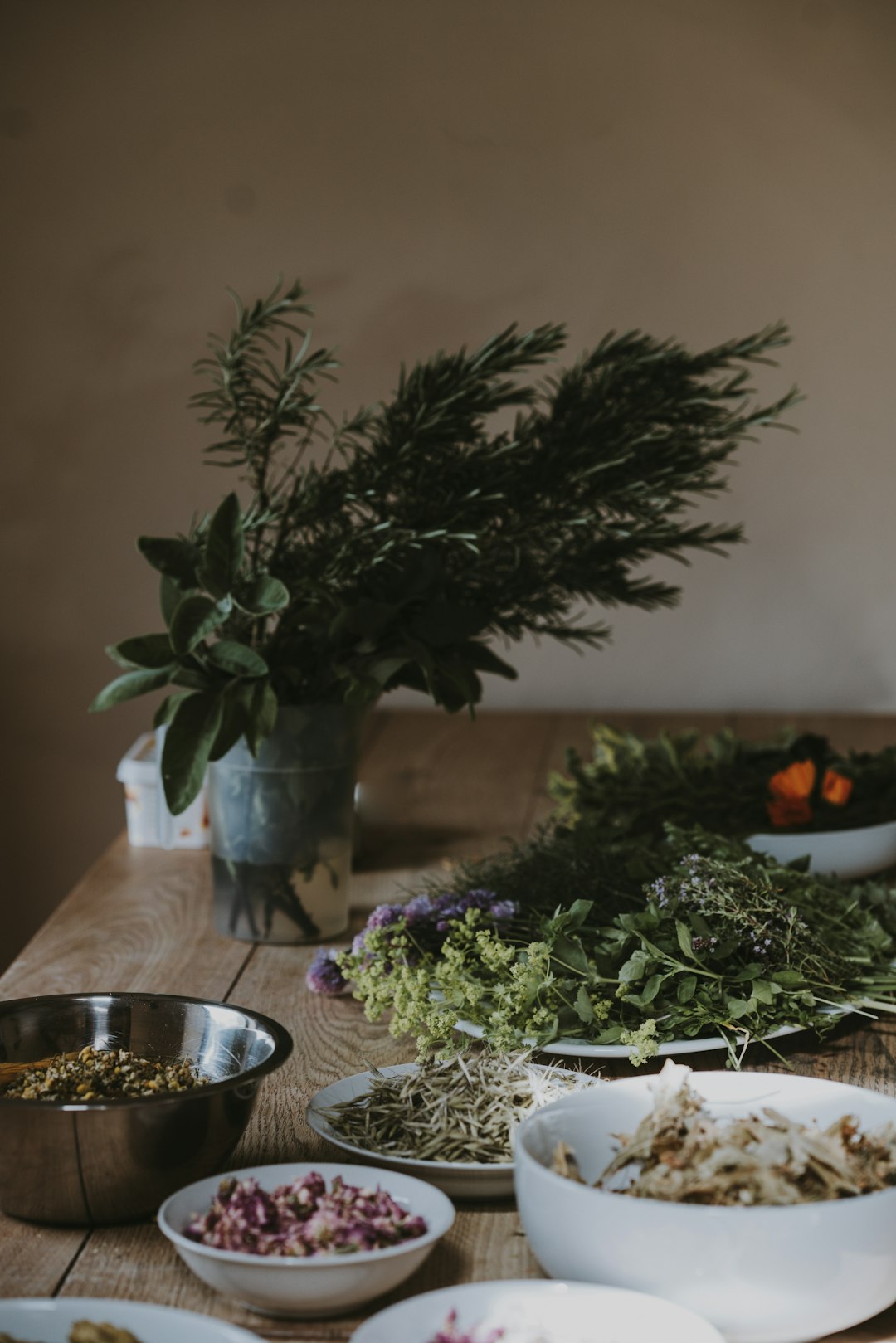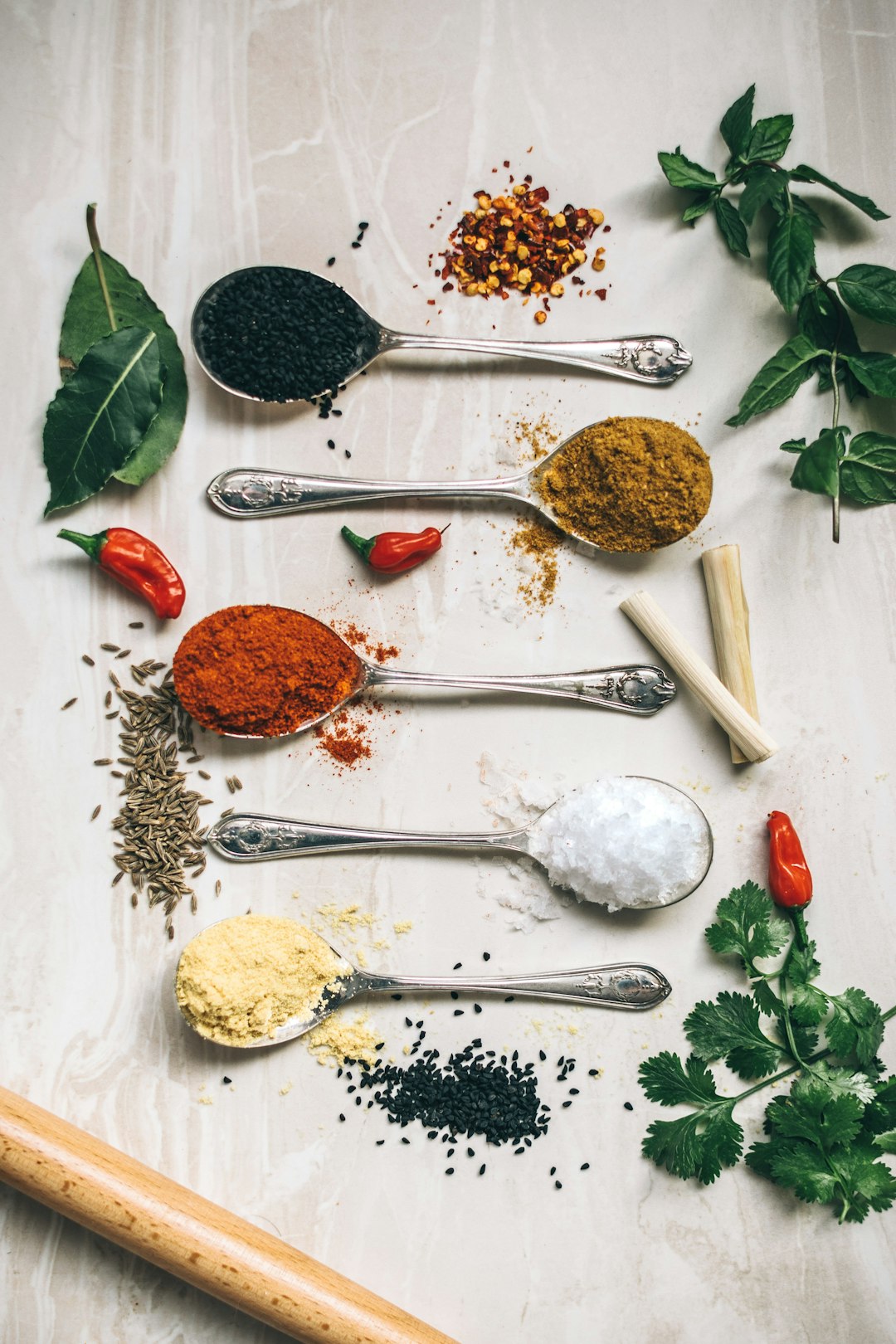Summertime and the livin’ is easy…until you spot a creepy-crawly on your basil plant.
Once you see one pest, it feels like they’re everywhere. You don’t want to use pesticides, but you also don’t want to lose your entire herb crop to pests. So, what can you do?
Fortunately, there are a few things you can do to keep your herbs pest-free all summer long. Read on to learn more!

https://unsplash.com/@anniespratt
Why is it important to keep your herbs pest-free?
Not only are pests unsightly, but they can also harm your herbal plants. Aphids and scale are two of the most common and threatening pests of herbs. Both of these pests can cause your herbs to become stunted or even die. They can also spread plant diseases, which can further injure your herbs. And if you have a garden full of herbs, a few aphids can quickly turn into an infestation.
Therefore, it’s important to take the time to inspect your plants for any sign of pests and take care of them immediately if you spot something. This will save your herbs from potential damage and protect your garden from further pest infestations.

https://unsplash.com/@angelekamp
What are some common pests that target herbs?
Aphids, mealybugs, thrips, spider mites, whiteflies, caterpillars, and scales are the most common pests that target herbs. Aphids and mealybugs primarily target leaves, stems, or shoots of your herbs. Thrips prefer newly developed flower buds and leaves. Spider mites create a web on the underside of leaves and create a fine yellow dust on the topside of leaves. Whiteflies are attracted to flowers and continuously flutter around the plants. Caterpillars like to feed on entire leaves and occasionally bite them off. And scales suck plant sap from stems and leaves, causing them to wilt.

How can you prevent pests from taking over your herb garden?
Preventing pests from taking over your herb garden is relatively simple. All you need to do is maintain your herbs correctly. Here are four steps to help you keep your garden pest-free:
1. Plant your herbs well – make sure you research the spacing and planting depth, as this will prevent overcrowding and help your herbs to get enough sunlight.
2. Keep your herbs healthy – ensure proper irrigation and fertilization, as this will help them grow better and resist pests.
3. Control weeds – weeds act as a host to pests, so make sure you keep weeds away from your herbs.
4. Monitor pest activity – check your herbs regularly so you can see any signs of a pest infestation and take the appropriate action if needed.

https://unsplash.com/@anniespratt
What are some natural pest remedies?
When it comes to controlling pests on your herbs, it is best to start with natural remedies. Natural pest remedies are a safe and effective way to keep your herbs free from pests and diseases without worrying about using toxic chemicals that can harm both the environment and your herbs. Here are some of the most popular natural pest remedies:
1. Neem Oil – Neem oil is composed of fatty acids, which disrupt the hormones of immature and adult pests, making them unable to breed. It can be used to protect your herbs from aphids, caterpillars, mealybugs, and beetles.
2. Diatomaceous Earth – This powder-like substance is made from the fossilized remains of microscopic sea creatures. It is an effective insect control, as it is abrasive and causes the pest’s exoskeletons to become dry and dusty.
3. Systemic Insecticides– Systemic insecticides are plant-based products, such as spinosad and pyrethrins that are taken up and stored in the plant tissues, thus killing pests when they feed on the plants.
4. Sticky Traps – Sticky traps are strips of cardboard covered in glue. When pests are attracted to the color they stick to the glue and will not be able to escape.

https://unsplash.com/pt-br/@calumlewis
Enjoy a pest-free summer!
After taking the steps necessary to ensure your herbs are kept pest-free all summer long, it is time to sit back and enjoy the season. Relax in the sunshine and use your herbs in delicious summer recipes. Fresh herbs provide amazing flavor complexity to salads, sandwiches, main dishes, and even desserts. So, explore all the delectable options available to you and your herbs this summer and reap all the benefits of a healthy and pest-free garden.
Come Check Out My Pinterest!!
Besides talking about pests trying to take over your garden, I grow my own indoor herb garden and research the best methods to assist beginner gardeners in learning about and growing their own indoor herb gardens. I enjoy teaching people about how to successfully grow herbs indoors and share tips and tricks that I have learned from my own experiences. I also enjoy the challenge of growing new herbs and experimenting with different methods to see what works best. After all, there’s nothing quite like the feeling of watching your plants grow — except maybe eating the food you grew yourself!
Continue Reading More Articles
The Mysterious Case of the White Spots on My Mint Plant ↗
I was recently browsing through my garden and noticed some white spots on my mint plant. I was curious as to what they were, so I did some research and found out that they are a type of fungus called powdery mildew.
How To Grow Basil Indoors ↗
What if you could grow basil indoors? Is basil your favorite herb to cook with and do you want to learn how to grow it from a store-bought plant? If so, learn how to grow basil indoors with this guide for beginner gardeners!
How To Grow A Healthy Indoor Herb Garden Using A Hydroponic System ↗
Herbs are not just fragrant and flavorful; they are also packed with nutrients that are essential to our health. That’s why more and more people are choosing to grow their own indoor herb gardens. Hydroponic systems are a great way to grow healthy herbs indoors.